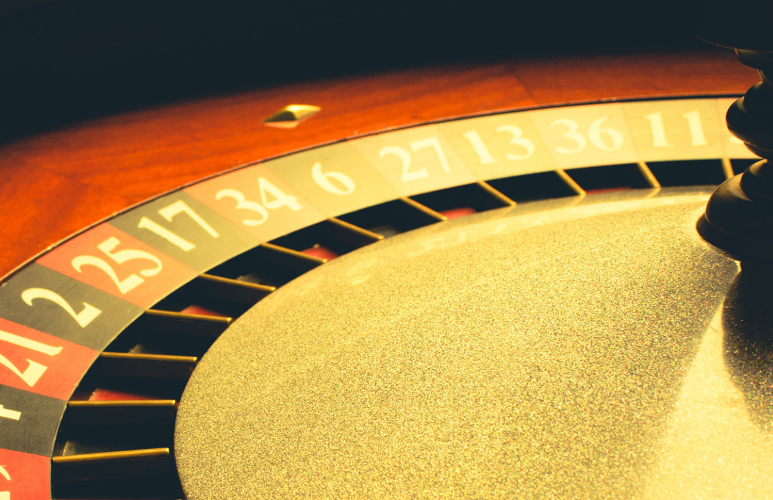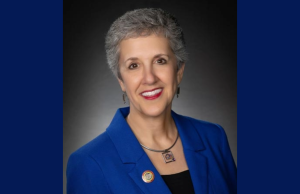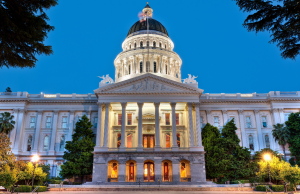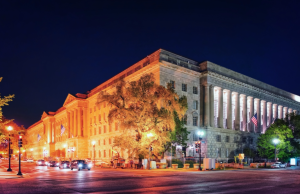The Michigan legislature is considering a bill that would waive license fees and ease restrictions on the number of casino-style fundraisers nonprofits within the state could hold. The bill was originally introduced on June 24 by state Sen. Michael D. MacDonald, a Republican who represents the state’s 10th Senate district, and co-sponsored by Republican state senators Tom Barrett and John Bizon, as well as Democratic state Sen. Jeff Irwin.
The bill, S. 564, has gone through the Committee on Regulatory Reform and in mid-September was referred to the body’s Committee of the Whole.
“The COVID-19 pandemic rules and mandates had a wide range of effects on our people, businesses, and even our charities. My bill would help many of our important charities recover and continue their great work in their respective communities,” MacDonald said in a statement. “Many nonprofits, like schools, police and veteran groups, use charitable gaming to raise the resources they need to operate and serve our communities.”
The bill allows qualified organizations to receive up to six licenses total for casino-style fundraisers (which are called, in state parlance, “millionaire parties”) during 2021, 2022 and 2023; waive a $50 per party license fee, allow licensees receive up to $30,000 (instead of the current $20,000 limit) in exchange for imitation money or chips on any day the licensee holds a millionaire party; and increases the daily limit, from $80,000 to $120,000, divided by the number of days of gaming allowed by each license.
A qualifying organization could hold no more than four millionaire parties during a calendar year, in addition to the six-event maximum. However, under the bill a four-days-per-week limitation on millionaire party events at a single location would be suspended through 2023.
According to the Michigan Senate Financial Agency, during 2020 there were 1,494 days licensed for millionaire parties, resulting in $74,700 for the state in fee revenue. During previous years, there was an average of 8,000 days’ worth or such events, which generated $400,000 annually. While the agency estimated the state would lose no more than $1 million during the three-year period of the bill, its analyst noted that the loss of fee revenue might have an impact on oversight activities for the millionaire parties.









